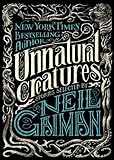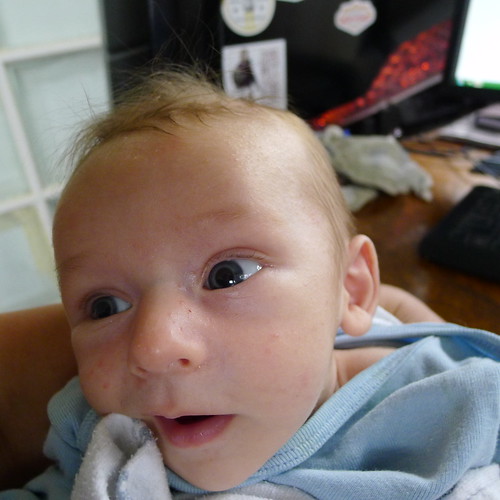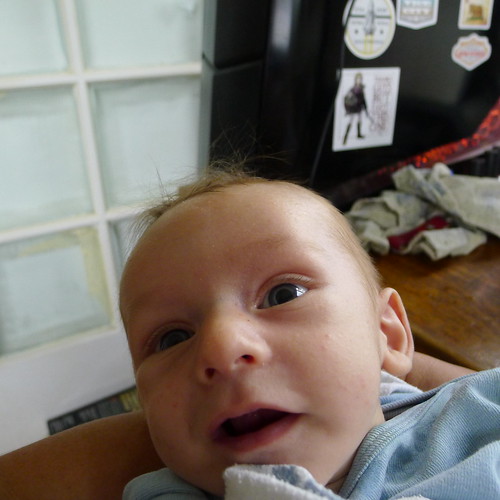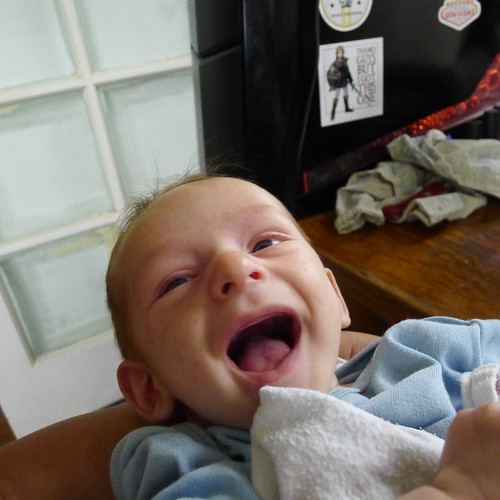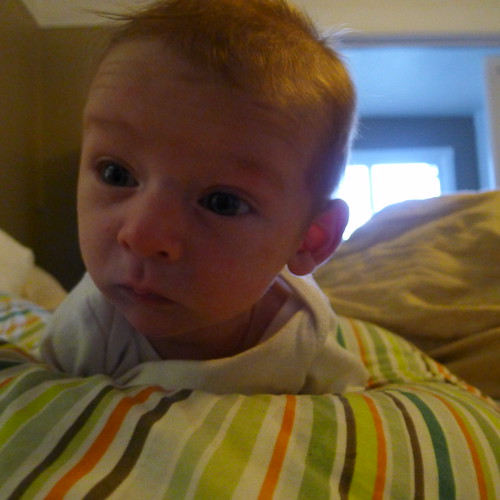So, I’ve been doing some formal reading lessons with Robin. The impetus was learning that if he gets into the Urban Montessori Charter School next year, he’ll be placed in first grade—I don’t want him to start first grade not knowing how to read. I sort of had this idea that if you read to kids, they naturally pick it up, but although Robin knew his ABC’s and letter sounds really early on, and had a handful of sight words (“cat,” “dog,” et cetera), he hadn’t moved much past that stage. He wasn’t able to pick up a book and read it.
It turns out that the pedagogy of teaching kids to read is a real minefield. The reading wars, as they are called, essentially consist of the “phonics” camp pitted against the “whole-language” camp in a tribal deathmatch. And it is tribal: the debate has become entirely bound up in identity politics, with conservatives flying the phonics flag and liberals marching with the whole-language brigade. I’m a liberal, so my instincts aligned rather neatly with the whole-language side, and I probably never would have thought to challenge those instincts except that Robin wasn’t making much progress towards true literacy.
But after reading more on the subject, I learned (to my own dismay) that, nice as it is, the whole language idea has not yielded good results anywhere that it’s been put into exclusive implementation. Most educators currently endorse a “balanced” approach that includes at least some phonics instruction.
So, I bit my lip hard and ordered a phonics-based workbook for Robin. I got the one that had the best Amazon scores: Teach Your Child to Read in 100 Easy Lessons .
.
And I hated that book. Everything in my nature rebelled against its didatic, joyless, prescriptivist approach. Nontheless, it had really great reviews, and Robin was quite happily up for the idea of “doing lessons” with Mama. (Davy was muuuuuuch less thrilled with the concept of a thing Robin and I would do together without him…and I suspect that his opposition was part of the draw for Robin. Oh, the joys of siblings.)
By lesson eight, something had clicked for Robin. He got the central idea of “sounding things out.” He wanted to page ahead and look at the new words in lessons further along. So I quite gleefully ditched the boring workbook and went back to reading real books with Robin—except now, I stop every now and then and have him identify a word before we go on. Sometimes he can do it because it’s one of the ever-growing number of words he recognizes on sight; sometimes he can guess the word from context; and sometimes I help him sound it out.
Today, for the first time, I had the experience of sitting down with a picture book Robin hadn’t seen before (it was actually a workbook my mom sent, First Words Sticker Workbook ) and realizing that Robin can read every word on the page, by himself. The pictures are great context clues, of course, but he’s also identifying the starting sounds of the words and using that information to guess the word correctly. He is, in other words, using all of the tools at his disposal to truly read. He can pick up unfamiliar material and read it. He is in the early stages of actual literacy. I was so impressed that I texted Sam and demanded to know whether he’d read that book with Robin already! (Answer: No.)
) and realizing that Robin can read every word on the page, by himself. The pictures are great context clues, of course, but he’s also identifying the starting sounds of the words and using that information to guess the word correctly. He is, in other words, using all of the tools at his disposal to truly read. He can pick up unfamiliar material and read it. He is in the early stages of actual literacy. I was so impressed that I texted Sam and demanded to know whether he’d read that book with Robin already! (Answer: No.)
So, it all makes me feel a bit more confident about homeschooling for kindergarten, if that’s the path we end up taking. I can teach him things, even with the distractions of a new baby and a demanding two-year-old. I can teach him reading and writing and ‘rithmatic. I have, to some degree, already done it.

